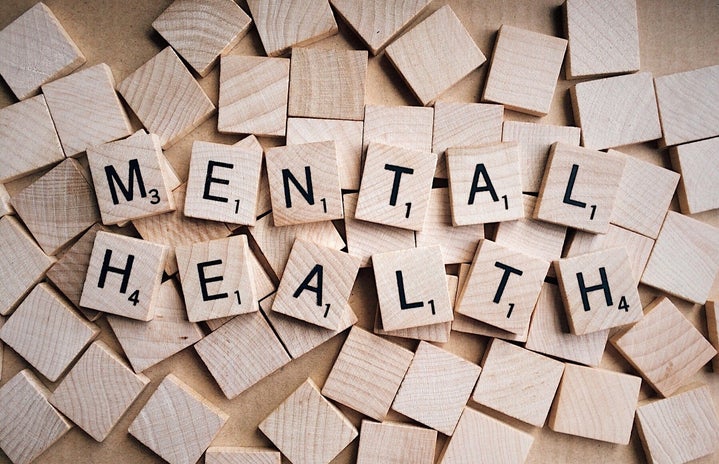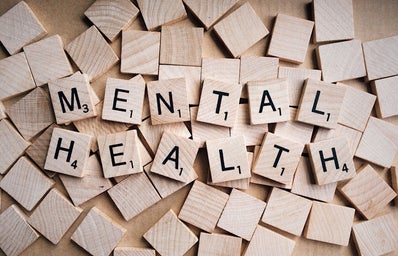What is domestic violence? When you find yourself or a friend experiencing any kind of abuse by a current or former spouse, or by an intimate partner who is inclined to gain control and power over their partner, that is the behavior of domestic violence. People that portray the aggressor believe they have the right to be dominant towards their partner whether that is with physical, emotional, or psychological abuse. No matter what it is erroneous. It is really difficult to defend the aggressor in this situation. Women between the ages of 18-24 that are involved in domestic violence are usually exposed to various forms of mental effects such as, depression, anxiety, substance abuse, suicidal behavior, and symptoms of posttraumatic stress disorder (PTSD). Since the age of 15 one and four women have experienced and suffered physical violence. Millions of women located in the united states are affected by intimate partner abuse. If you or someone you may know is experiencing domestic violence, find support, guidance, and help. Understand that you are not alone and there is nothing you cannot overcome. For the National Domestic Violence Hotline call 800-799-SAFE (7233).
Abusive relationships have been exceedingly normalized in the past decades that victims of domestic violence are willing to stay in unhealthy relationships. Domestic violence became an issue with the influence of the Women’s Liberation Movement in the 1960s and 1970s. And ever since domestic violence has been viewed as a violent crime. Domestic violence has been normalized to some women because it is familiar to them and some have witnessed it happen to the women in their life. Domestic violence has a large impact on mental health, many women who have experienced any form of domestic violence is likely to be less independent, less social, and prone to depression. Abusive relationships have been normalized that many women are willing to stay inside of an unhealthy relationship because they fear being without their abusive partner. It takes strength and courage to admit you have suffered from domestic violence. The first step to getting out of an abusive relationship is acknowledging the abuse and secondly addressing it with someone you can trust. Leaving a relationship where a woman is suffering battery and abuse is not as simple as people make it seem. It takes a lot, especially when you have been financially controlled, physically threatened, psychologically beaten down, and isolated from your family and friends. A woman can have mixed emotions about her relationship, but do not become filled with confusion, self-blame, shame, and guilt.



